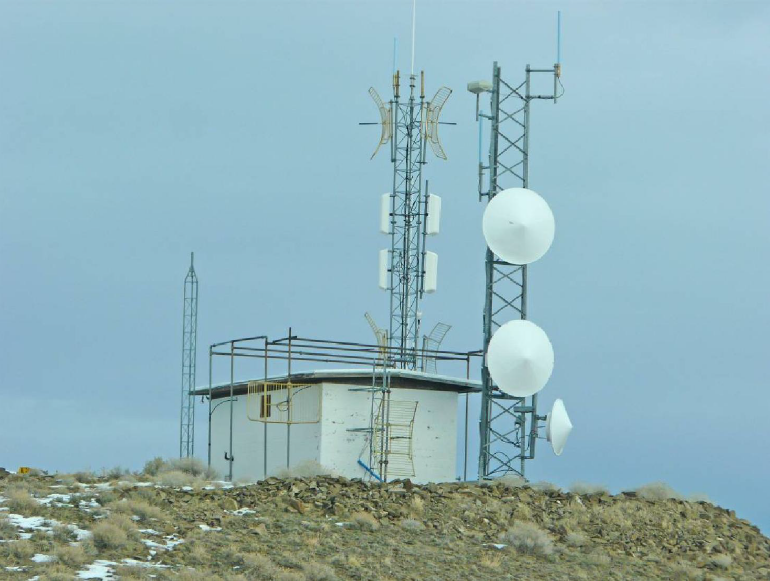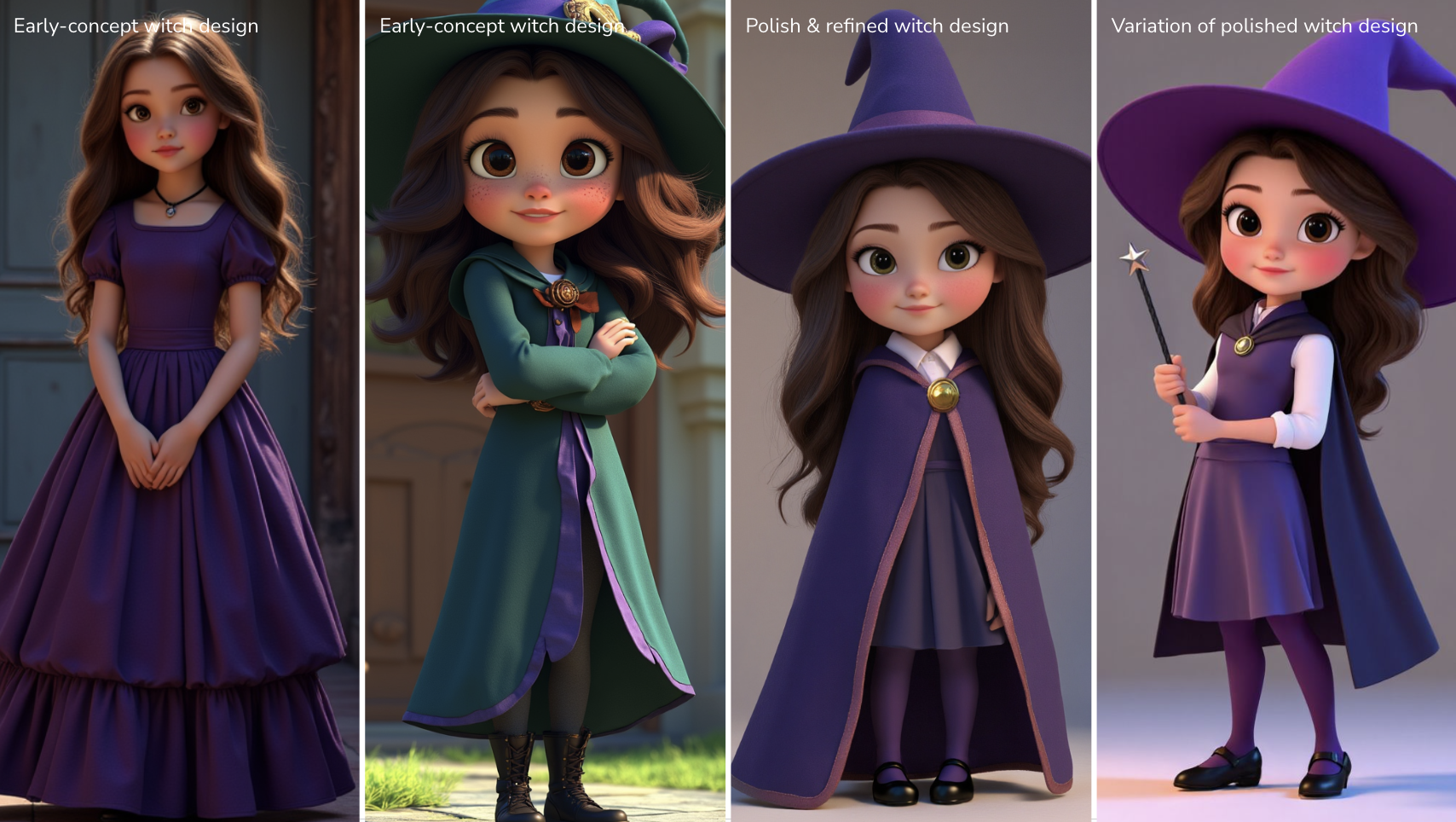FCC Plans to Revise LPTV Rules
The FCC's NPRM is seeking public comment on the online public file requirements, TV translators and other issues

The FCC has issued a Notice of Proposed Rulemaking (NPRM) that would revise rules governing low power TV stations (LPTV) in a number of areas, including online public file requirements, and rules governing operations of Class A television (i.e. stations that operate at low power, like LPTV/TV translator stations, but are afforded primary interference protection status), LPTV, and TV translator stations.
The FCC also announced that it will vote on the NPRM, which would significantly increase the rules governing LPTV stations, at the June Open Commission Meeting scheduled for Thursday, June 6, 2024.
In announcing that it was seeking public comment on the NPRM, the FCC noted that “the Commission created the LPTV Service in 1982 to bring local television service to viewers “otherwise unserved or underserved” by existing full power stations. Today, the LPTV Service is an established component of the nation’s television system, delivering free over-the-air TV service, including locally produced programming, to millions of viewers. The NPRM proposes changes to our rules and policies to ensure it continues to flourish and serve the public interest.”
More specifically the NPRM would seek comment on whether to require top-four network affiliated LPTV stations to comply with the same online public file (OPIF) requirements applicable to full power and Class A television stations, or alternatively whether OPIF requirements should be applied to LPTV stations that are among the top-four TV stations in each market based on the Nielsen ratings.
It also proposes to adopt procedures for LPTV stations to establish an OPIF, and it proposes to make public inspection and political broadcasting rules applicable to all LPTV stations.
In addition the NPRM proposes a number of technical and operational amendments to the FCC’s current rules relating to translators and other issues.
Those technical and operational amendments would include a proposal to amend the method for calculating the maximum distance that a displaced or channel sharing station may move under the FCC displacement rule and clarify the maximum distance that Class A and LPTV/TV translator stations may move under our minor modification rule.
Get the TV Tech Newsletter
The professional video industry's #1 source for news, trends and product and tech information. Sign up below.
It would also require that Class A and LPTV/TV translator stations “specify a community of license within their station’s contour”; adopt minimum operating and defined minimum video program requirements for LPTV stations; require stations in the LPTV Service seek authority to change designation and maintain a call sign consistent with their class of service; specify requirements pertaining to emissions masks; prohibit LPTV/TV translator station operations above TV channel 36; and clarify the circumstances in which LPTV/TV translators stations are eligible for displacement.
The FCC noted that NPRM was being released as part of a “permit-but-disclose” proceeding. Any presentations or views on the subject expressed to the Commission or its staff, including by email, must be filed in MB Docket Nos. 24-147 and 24-148, which may be accessed via the Electronic Comment Filing System (https://www.fcc.gov/ecfs/).
The full NPRM can be found here.
George Winslow is the senior content producer for TV Tech. He has written about the television, media and technology industries for nearly 30 years for such publications as Broadcasting & Cable, Multichannel News and TV Tech. Over the years, he has edited a number of magazines, including Multichannel News International and World Screen, and moderated panels at such major industry events as NAB and MIP TV. He has published two books and dozens of encyclopedia articles on such subjects as the media, New York City history and economics.

